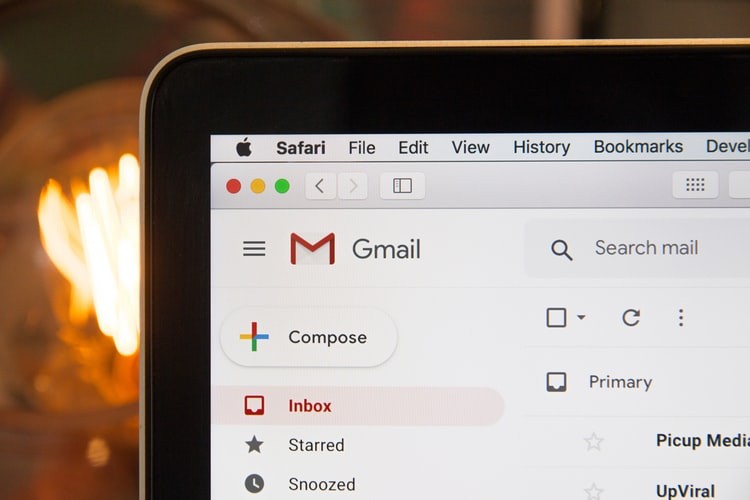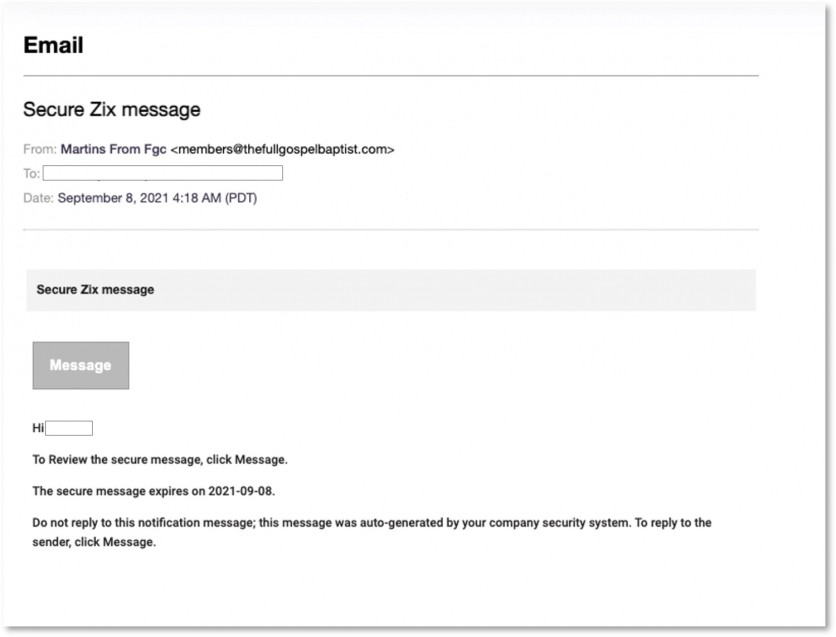A Valentine's Day scam warning has been issued by cybersecurity experts recently, which tells people to beware of phishing emails.

The Express UK reports that these emails, which can reportedly come from just about anywhere on the web, can victimize anyone and everyone regardless of any social factor. They also cite how phishing emails remain the most common method of online scams, mainly due to just how effective they can get.
Scammers are notably the most active during a kind of peak buying season, such as Valentine's Day. During a day like this, more and more people are going to spend money to buy their loved ones gifts as a way to celebrate the occasion.
These people will often go online to find said gifts, which is where online scammers are waiting to bait potential victims. Furthermore, cybersecurity experts warn that during a day like February 14th, "lonely" people might be among the most vulnerable.
The original warning comes from CNET, who specifically tells people to be wary of so-called "romance scams" that will primarily target lonely, vulnerable folks. According to data from the US Federal Trade Commission (FTC), this kind of con was responsible for a massive $547 million loss in 2021 alone.
All of that stolen money represented an insane 80% increase from 2020, with victims averaging a loss of $2,400. It was also revealed that cryptocurrency was a big part of romance scams, with total crypto losses amounting to $139 million last year. The median loss per victim was a considerable $10,000.
As such, anybody out there who you know might be looking for a date this Valentine's Day is a potential victim. It would be wise to make them realize that if something on the internet feels too good to be true, it likely is.
Another great piece of advice to protect against getting scammed is just being extremely careful online, especially with your critical personal information. Do not give out your actual phone number, home address, bank details, or cryptocurrency wallet credentials to a stranger you just met on the web.

Valentine's Day Scam Via Phishing Explained
It can be quite easy to fall for a Valentine's Day scam via a phishing email, mainly due to how legitimate these emails look compared to real ones. Fortunately, it is easy to spot them if you know what to look out for. But first, what are phishing emails anyway?
Phishing, according to Microsoft, is a massively rampant (and popular) form of an online scam that fools people into responding to a message urgently. Criminals may craft a message saying you won a big cash prize that you need to claim now, or you'll be given a penalty to get you to click on something to "claim" the prize. Or they might say that a relative of yours needs money because they've been arrested and thrown in jail.

Either way, the message in a phishing scam will bait you into taking urgent action. It will also tend to ask for personal details, such as your contact number, home address, or even financial credentials. That is how these criminals make their money.
Spotting a phishing scam is pretty straightforward. In emails, for instance, here are the tell-tale signs of phishing, as per Security Metrics:
- A super generic greeting, or no greeting whatsoever
- Constant request for personal info
- The sender's email address doesn't look official
- Buttons with links to websites you're unfamiliar with
- Weird, unsolicited attachments
- Spelling and grammatical errors
Be on the lookout for these signs, and you'll be fine.
This article is owned by Tech Times
Written by RJ Pierce
ⓒ 2026 TECHTIMES.com All rights reserved. Do not reproduce without permission.




